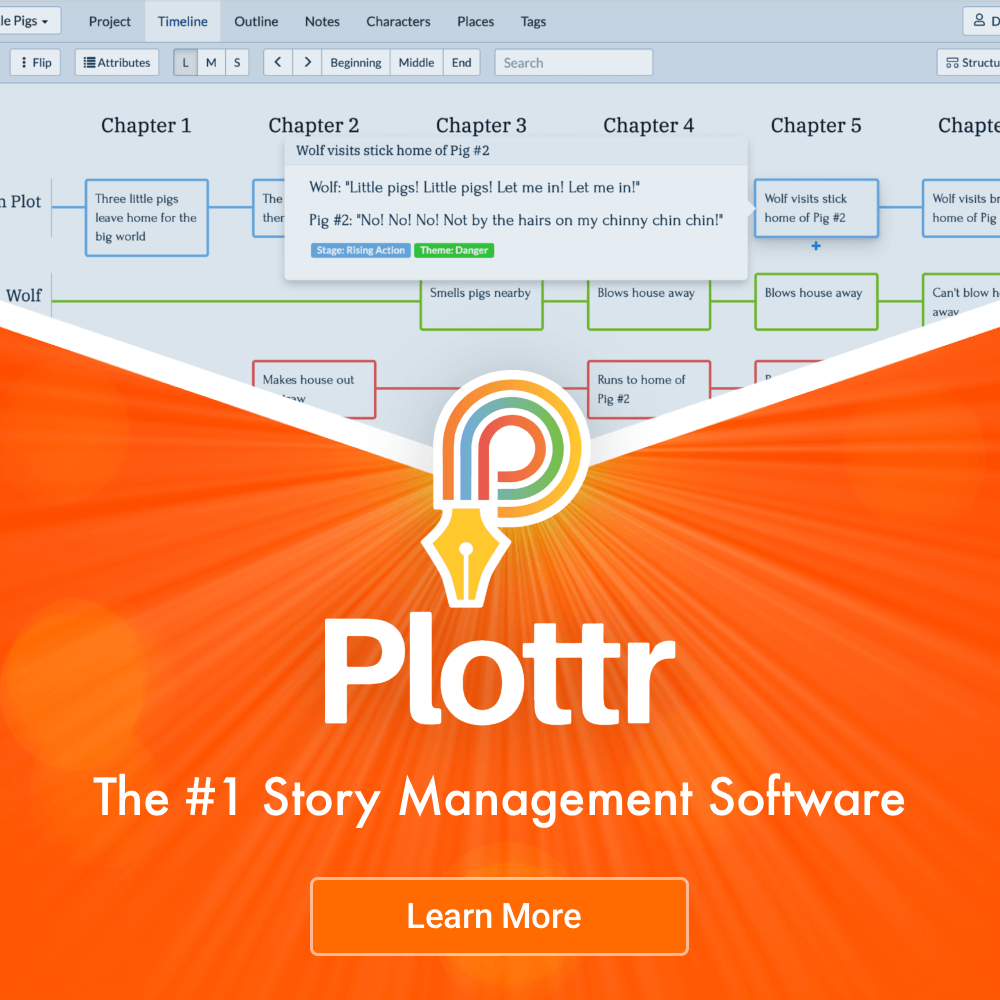By Jerry Holliday
The seeds of my first novel (or novella as it is under 50k words), False Flag, began when I was travelling in the early 90s and turned out to be quite different from the final version in terms of plot. The original had my protagonist, Frank Bowen, pulled into a drug-smuggling ring in Thailand with the prospect of a grim stretch in a Thai prison.
My travels influenced me at the time and books such as The Beach by Alex Garland and The Damage Done: Twelve Years of Hell in a Bangkok Prison. The overall combination was enough oxygen to spark the burning fires of inspiration.
As it turned out, I returned to the project around 2010, inspired by the possibilities of the new Amazon Kindle and completely reworked my story into a world of covert espionage.
Finding that spark within your creativity is the key to getting your book started.
What do you love reading?
If you’re stuck, this might be the clue to what you write. It makes sense to write what you know, and if you’re an avid reader of zombie fiction, then subconsciously, at least, you might already have a feel for the general tropes and rhythm of those stories. If you cannot pull yourself away from those WW2 documentaries, perhaps historical war fiction is your destined choice?
Once you have your genre, where do you begin?
Circling back to my first book, I found myself in a secluded bird-watching spot in Thailand where there were no other guests and I had some time to write. I wrote random scenes based on the place where I was staying. The scenario of drug smuggling and characters developed from there, although a lot of the story changed, as I mentioned. A quick side lesson is never to be afraid of reworking your project.
These random scenes just felt like a good place to start. Although I didn’t realise it at the time, some of the chapters would end up in the middle of the final book. I was just exercising my writing muscles.
Don’t overthink it all. Start writing the broad strokes, like a painter would on a canvas.
Organising your ideas
I have always used countless notepads for all my ideas. Nowadays, there are tools like Evernote to organise your thoughts through words and visuals. Pinterest is an excellent platform for visual images filed into topics. Writing tools like Scrivener can help keep all your notes, research and chapters in one place if you can get over the learning curve. Then there’s Plottr, a visual storytelling tool with story method templates that can speed up the process.
Asana or Trello could also work as a project management tool to keep you on track with your books’ admin and deadlines.
Are you a Plotter or Pantser?
Plotting or outlining is planning each chapter of writing. If you wing it by the seat of your pants and dive into the story headfirst with no plan, that is called ‘pantsing’. This latter approach can get you into a mess. That’s not to say some authors don’t ‘pants’ their books. Plenty do. Just know what you’re doing if you do.
I practice the former, as my plots can be complex with lots of different characters, but it’s your call and what you feel comfortable with. The book that highlighted this phrase is Take Off Your Pants!: Outline Your Books for Faster, Better Writing by Libbie Hawker.
Create a routine and guard your writing time
In his ‘On Writing‘ book (an essential read, by the way), Stephen King says that ‘Amateurs sit and wait for inspiration, the rest of us just get up and go to work.’
Just get those words down whenever you can, and if that means ring-fencing a time with red in your calendar (an hour in the morning, lunchtime, a spare half-hour?), that will chip away at your word count before you know it.
Many years after my initial book idea, I came back to regular writing by joining a local writers group in Bristol through MeetUp.com. We met a few times a week at various cafes to work on our projects, and that accountability helped keep projects going. I wrote many of my novels over a few years by working on them on Sunday afternoons and the occasional session after work.
Ultimately to start your book, you type the first word, then the next until you have a sentence. It sounds stupid, but this is a fact.
So go and start writing.
No, right now.
I’m offering a discount on my 1-1 consultation around story development or publishing for a limited time.
https://authorhelphub.com/consultation/







